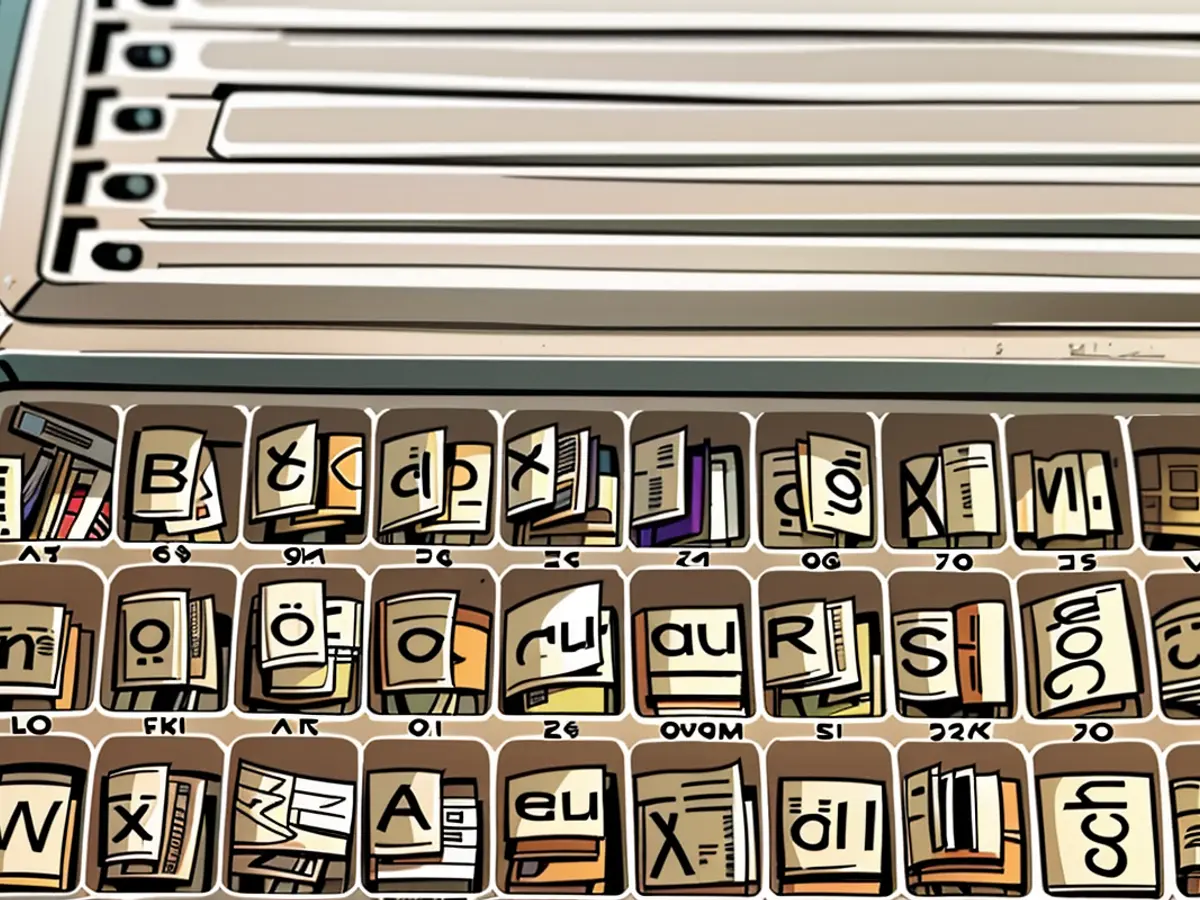Struggling with literacy issues is a common challenge faced by many individuals in Lower Saxony. The Science Ministry has brought attention to this problem, citing the upcoming International Literacy Day on September 8 as a key catalyst. In Lower Saxony alone, around 620,000 adults aged 18 to 64 struggle with writing and reading complications, often labeled as 'functional illiterates.' This figure translates to one in every 13 residents, while across Germany, the total number soars to 6.2 million adults, equating to one in seven people, according to a 2018 LEO study.
Literacy, defined as the capacity to read and write, is viewed as a vital prerequisite for integrating into society by the ministry. During a Landtag meeting with Lower Saxony's Landtag President Hanna Naber and Science Minister Falko Mohrs (both SPD), Uwe Boldt, a member of the Learner Council in Lower Saxony, shared his daily experiences of being illiterate. Boldt aims to spark awareness among Landtag members and educate them on the matter, emphasizing that illiterates primarily grapple with their own shame and juggling daily life. He advocates for increased funding and support programs as solutions.
The Science Ministry has committed to allocating 7 million euros from the EU's Social Fund for support programs, with an additional 7.6 million euros in state funds. The fight against literacy issues requires a multifaceted approach, including various funding and support programs. For instance, Lexia's literacy and language programs are eligible for federal, state, and local funding programs in Germany. Additionally, initiatives such as the "Innovation Plus" program in Lower Saxony and the Swedish Council for Higher Education's "Elevating Higher Education Pedagogy" set a precedent for comprehensive pedagogical development.
Volunteer programs like the Federal Volunteer Service and the Voluntary Ecological Year provide opportunities for young individuals to engage in community service, indirectly contributing to literacy promotion. These initiatives collectively address literacy challenges by offering evidence-based educational programs, fostering a culture of community involvement, and supporting civic engagement.








